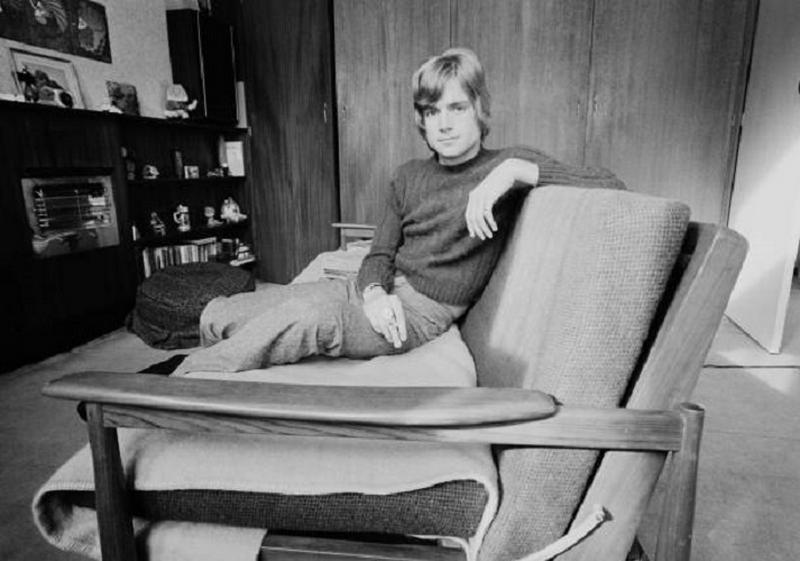The Story Behind “Nights In White Satin”
By | June 27, 2022

The Moody Blues got their start in 1964 and released their debut album, The Magnificent Moodies in 1965. One side of the album contained R&B covers, while the other was comprised of Laine-Pinder original songs. After this first album, the band began to disintegrate, and this was when Justin Hayward joined them. They also started to realize that their style was not really working, and they began to incorporate more psychedelic influences, which would evolve into Days of Future Passed, a concept album about a day in the life of a common man.
The Inspiration For The Song
One night, prior to their second album, when Hayward was 19 or 20, his girlfriend dumped him. Earlier during the night that he wrote “Nights in White Satin,” he had been at a gig while touring in Belgium. Because he knew that the Moody Blues were expecting him to write something for the next day’s rehearsal, upon returning from the gig, he wrote a few verses as dawn approached. As he wrote, he wanted to find a metaphor for his emotional turmoil. At the time, he didn’t own a lot, but he did have white satin sheets which had been given to him by a previous girlfriend. Apparently, these sheets were romantic looking but were not practical, particularly for a man with a lot of beard growth. According to Hayward, the song was about one love ending and another starting, and the title had a double meaning as well, with a reference to medieval knights.

The Band Was Only Enthusiastic After Hearing The Mellotron
The day after he wrote the song, he brought it to rehearsal, and his bandmates were not overly enthusiastic about it. Mike Pinder asked him to play it again and then played the refrain on Mellotron. After that, the band members were better able to envision it. Producer Tony Clarke and arranger/conductor Peter Knight helped to shape it into the epic it became as the centerpiece of Days of Future Passed, the Moody Blues’ second album. The song (and the album) marked a departure from their original sound as an R&B group, as they began to transition into prog-rock. Additionally, it was noteworthy for the use of the Mellotron which could be used to simulate a full orchestra. On Days of Future Passed, they credit the London Festival Orchestra, which didn’t actually exist but was instead a group of session musicians and the Mellotron.
It Had To Be Edited Before Becoming A Single
The original song was seven and a half minutes long, as it finished with Graeme Edge’s “Late Lament,” recited by keyboardist Mike Pinder. Because of its length, it had to be edited down for release as a single. To edit it, they removed “Late Lament and the orchestral section, which reduced it to 3:06, although a later single clocked in a bit longer. On the album, “Late Lament” also appears on the first song, “The Day Begins.”

Its First Release
The edited single for “Nights in White Satin” was first released in November 1967. It peaked at No. 19 in the UK and topped the French chart in February 1968. Although it fell short of the label’s expectations, it was the band’s biggest hit since “Go Now,” the single which hit No. 1 three years before.
The Song Grew In Popularity Over Time
The Moody Blues’ reputation grew over time, and in 1972, they rereleased “Nights in White Satin.” It reached No. 10 in the UK and climbed to No. 2 on the U.S. Billboard chart, where it remained for two weeks. It also hit No. 1 on the Cash Box Top 100 and earned a gold certification for selling more than a million U.S. copies. It was covered by a number of artists, including Eric Burdon, Percy Faith, and the Dickies, and it ended up two other chart appearances: in 1979 and 2010. It also appeared on several soundtracks including a prominent appearance in the 1987 film of the same name. It became part of South Carolina’s Hard Rock Park when they unveiled the Nights In White Satin: The Trip theme park in 2008, based on the song. However, the park didn’t exist for long, lasting less than one season. The song luckily has not suffered the same fate; as Hayward has also said of it, “every note, every word in it means something to me and I found that a lot of other people have felt that very same way about it.”
